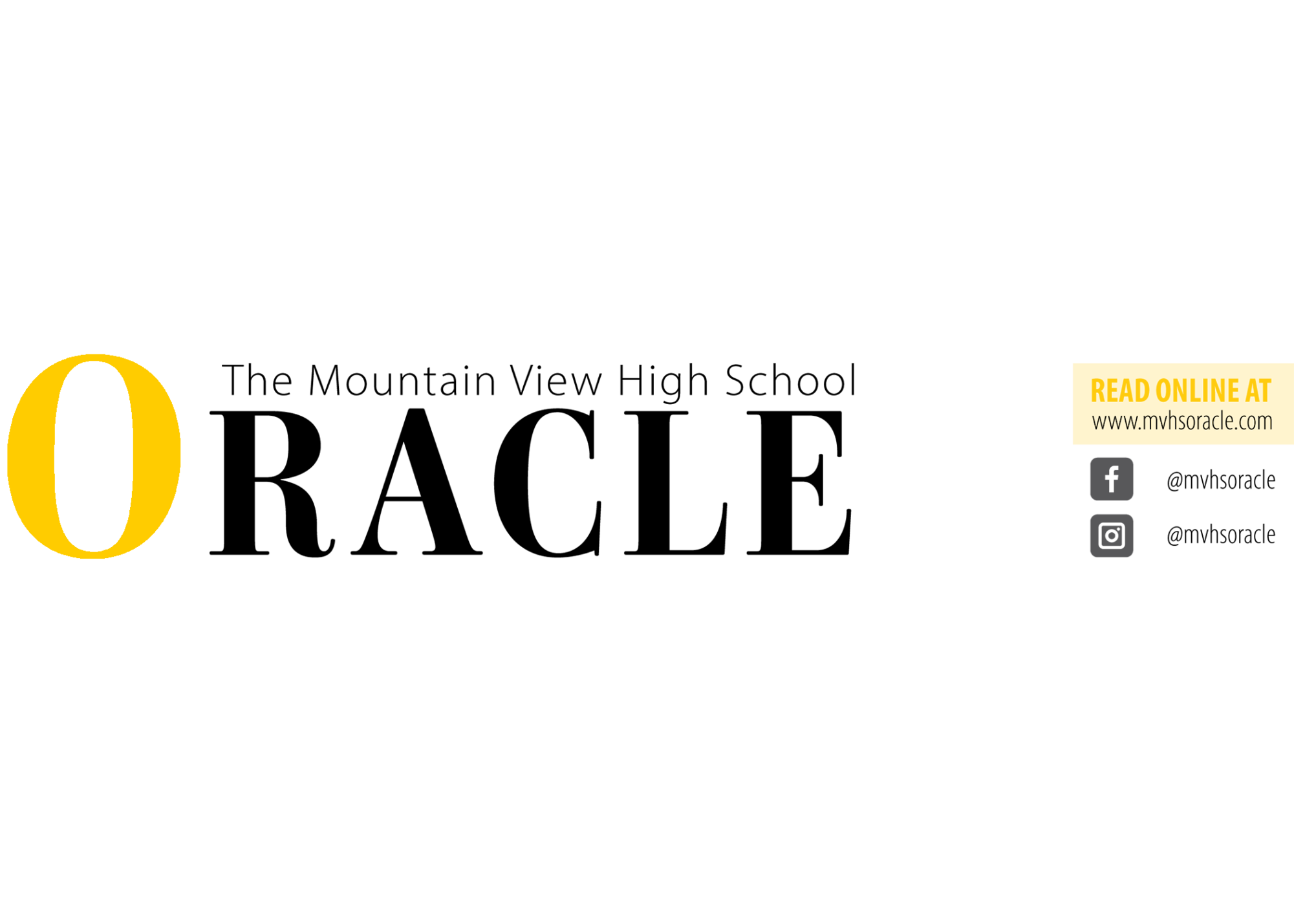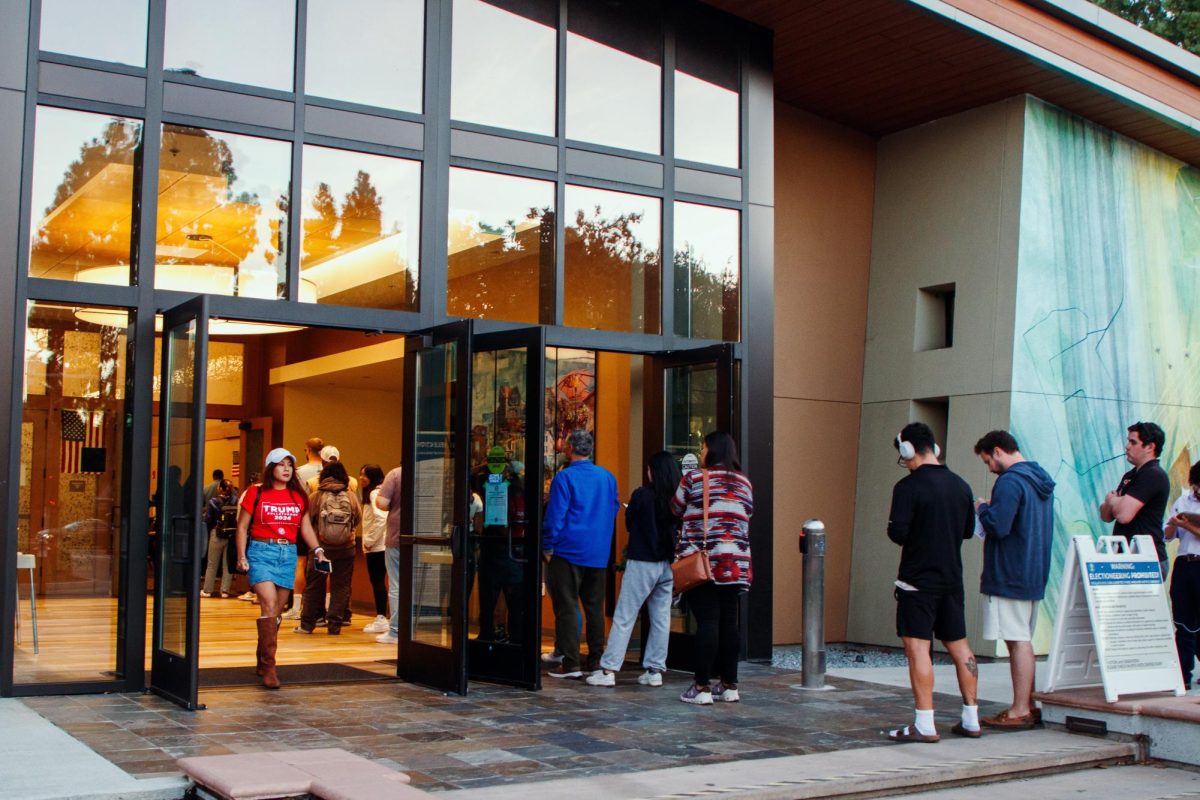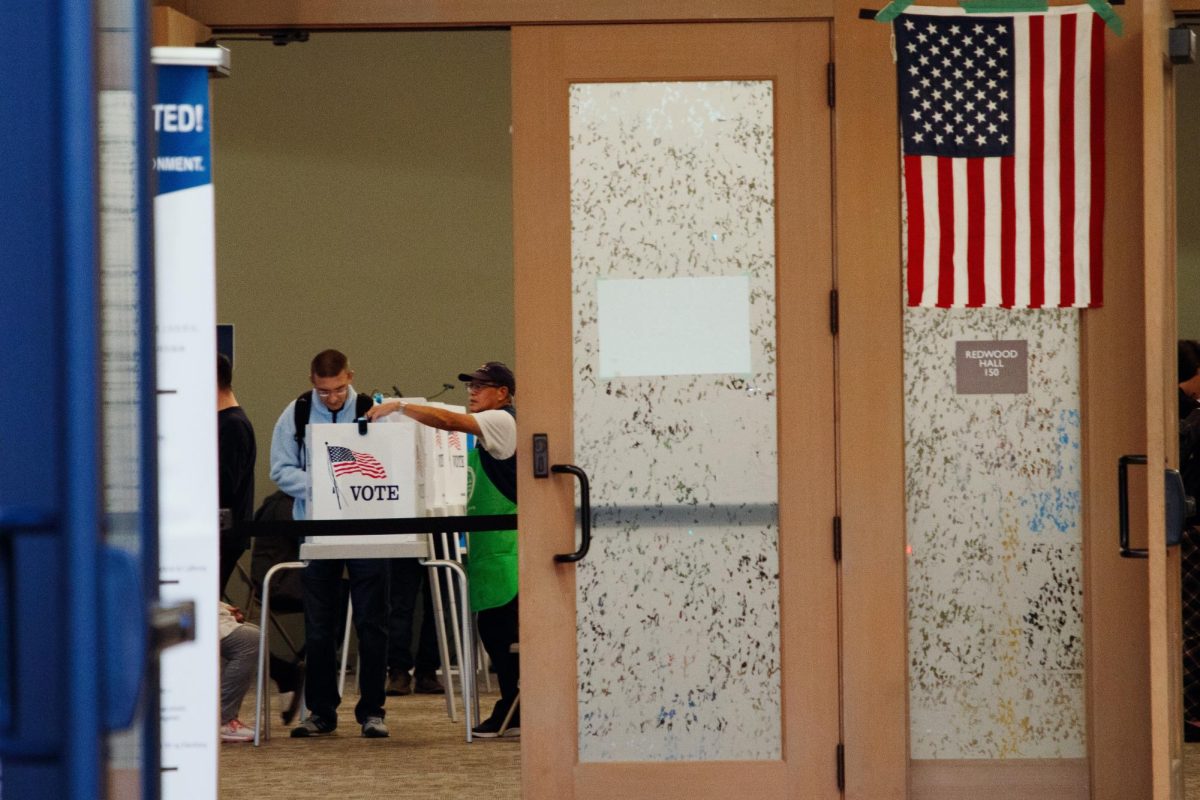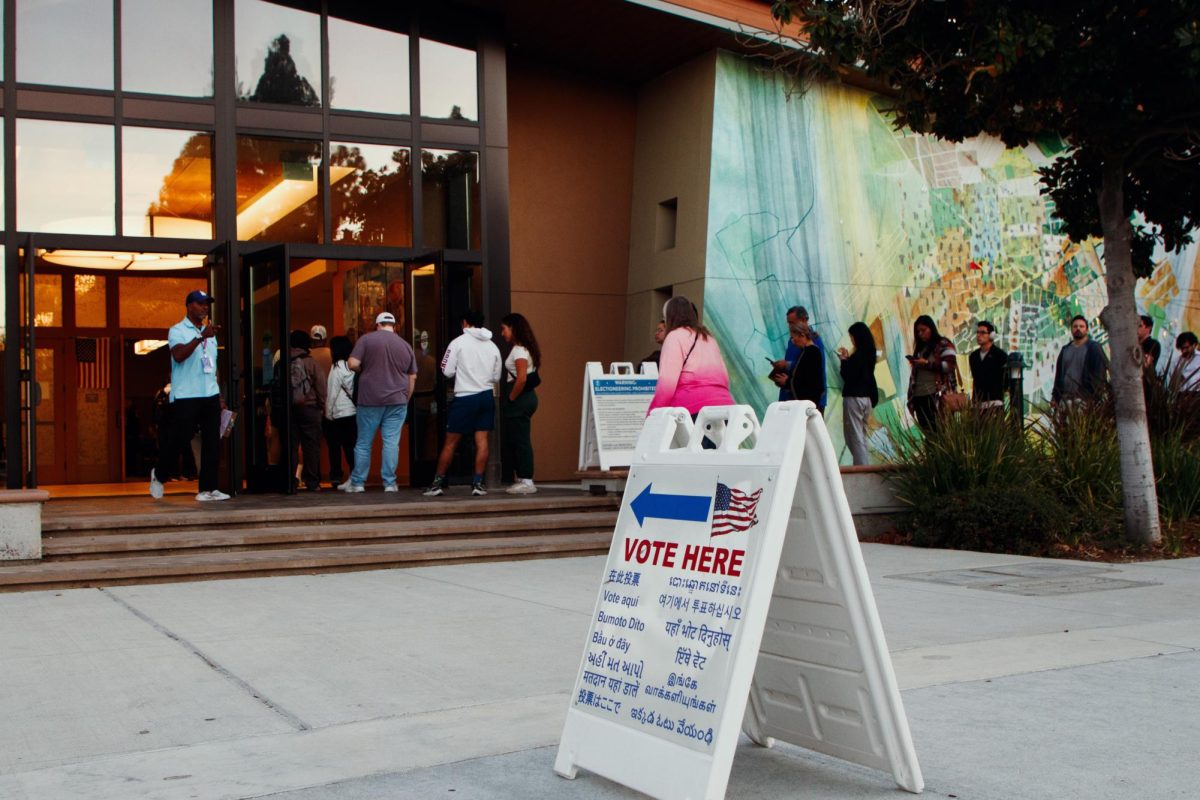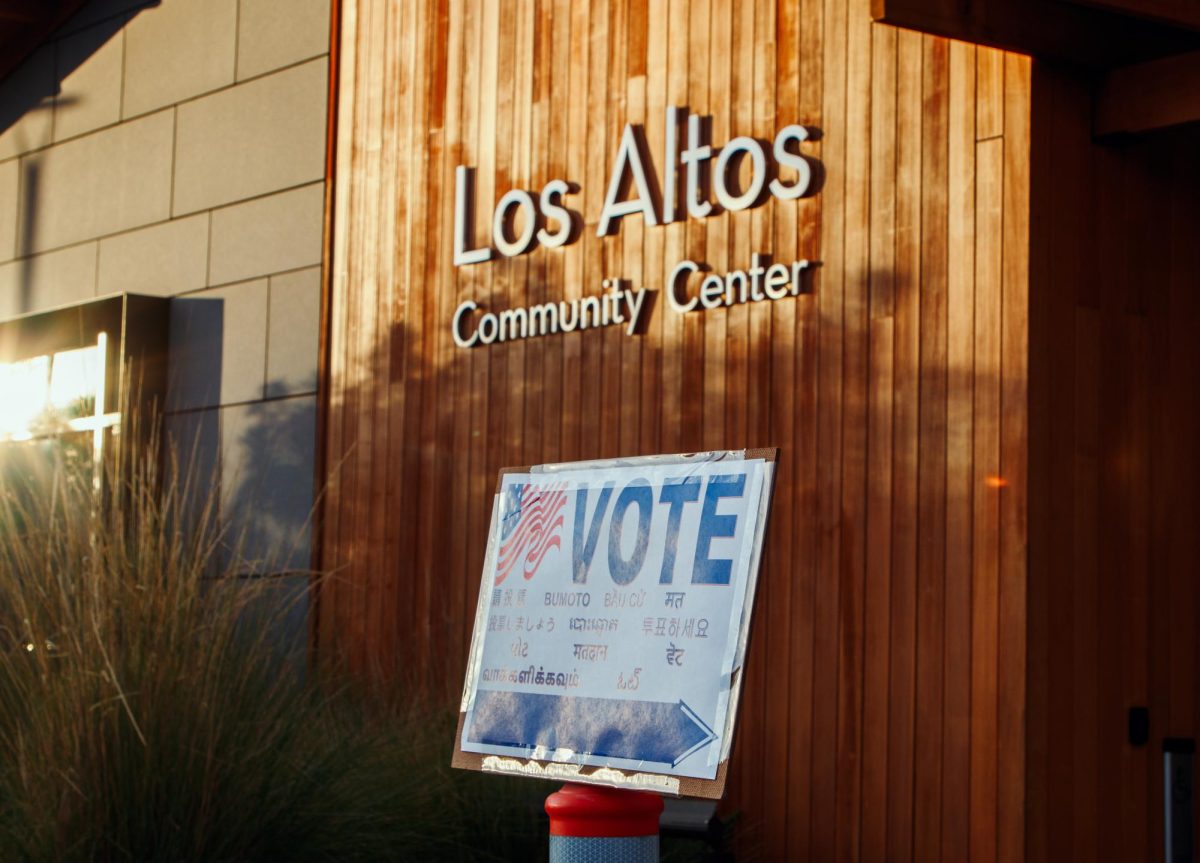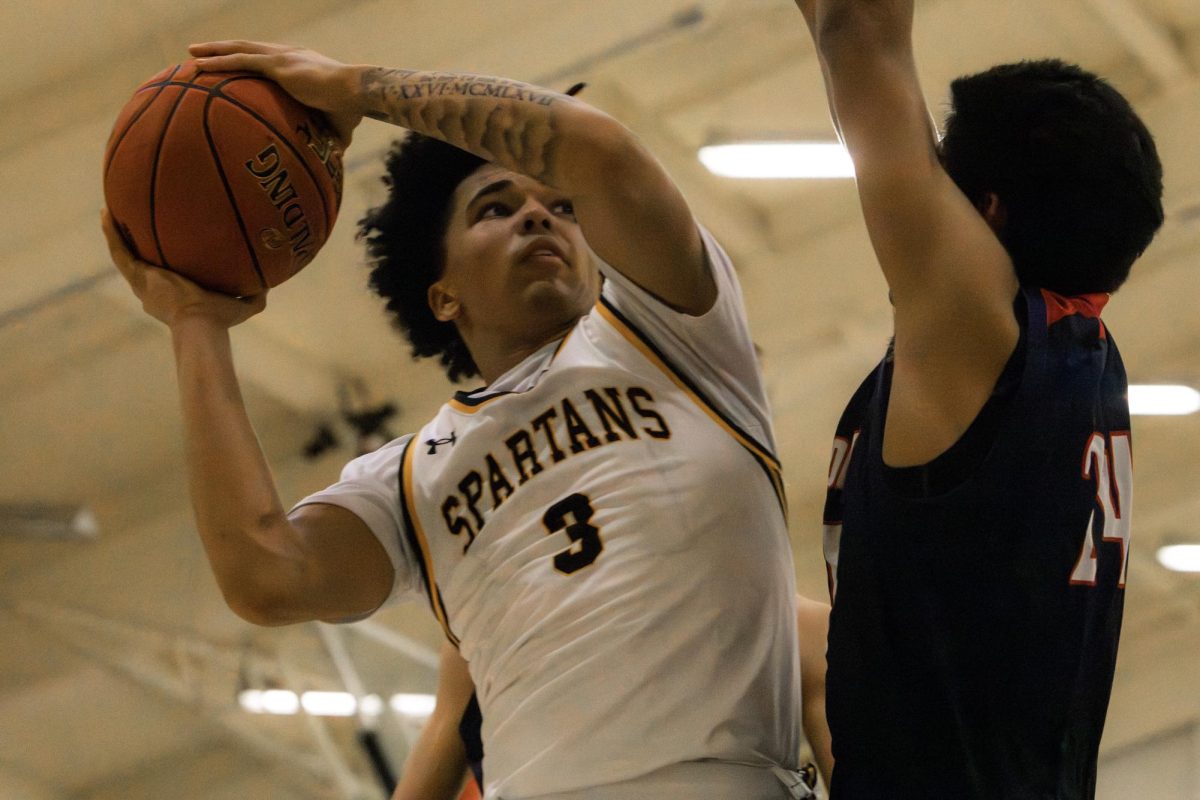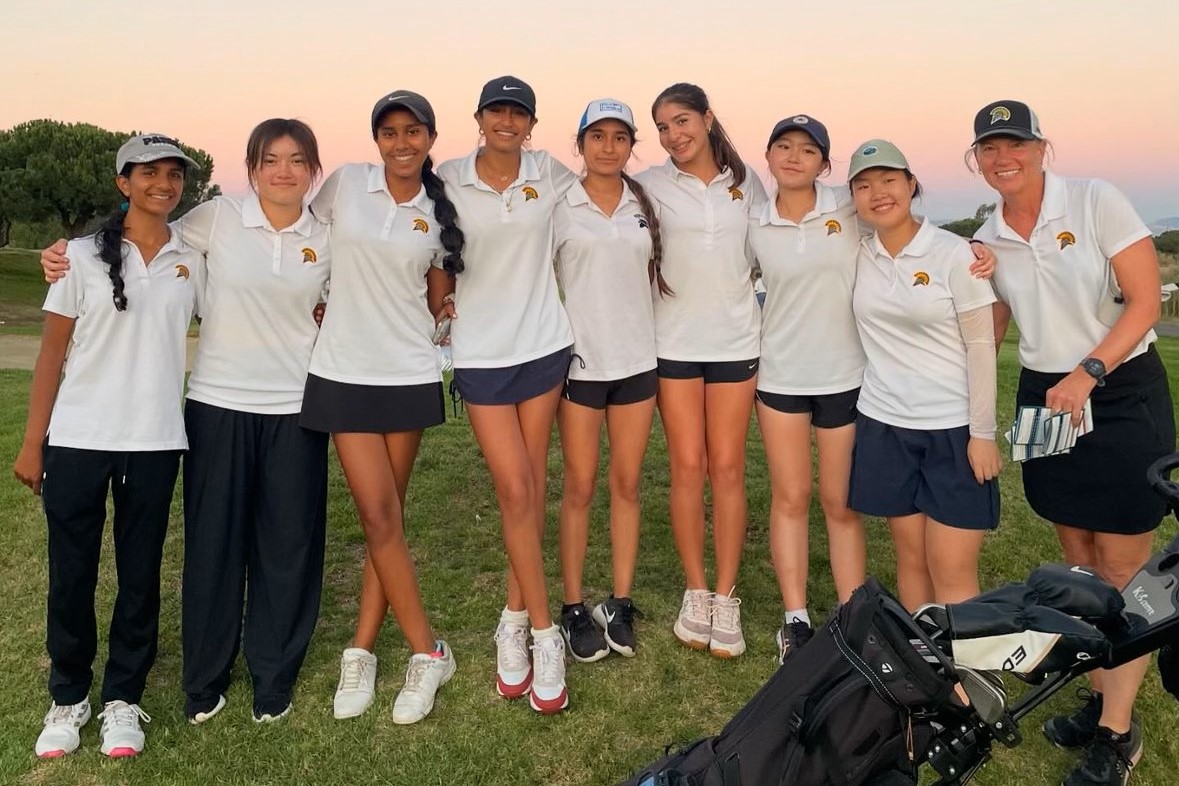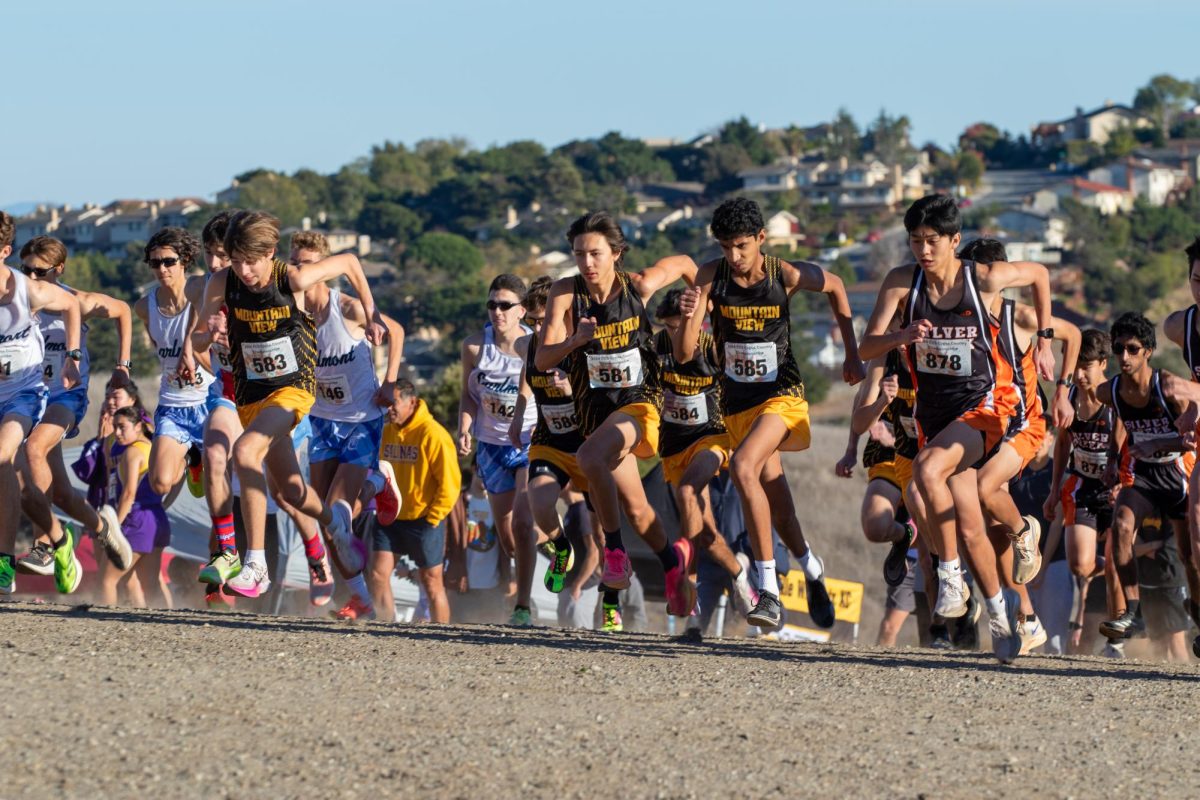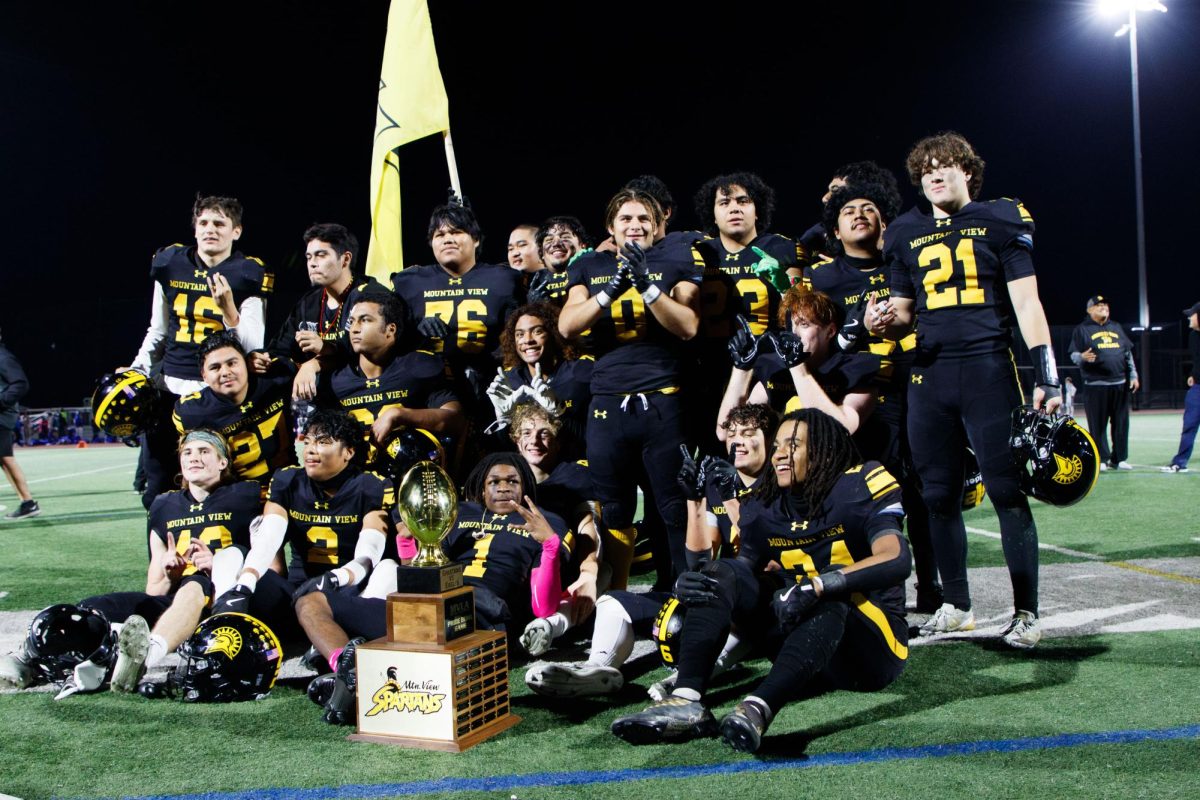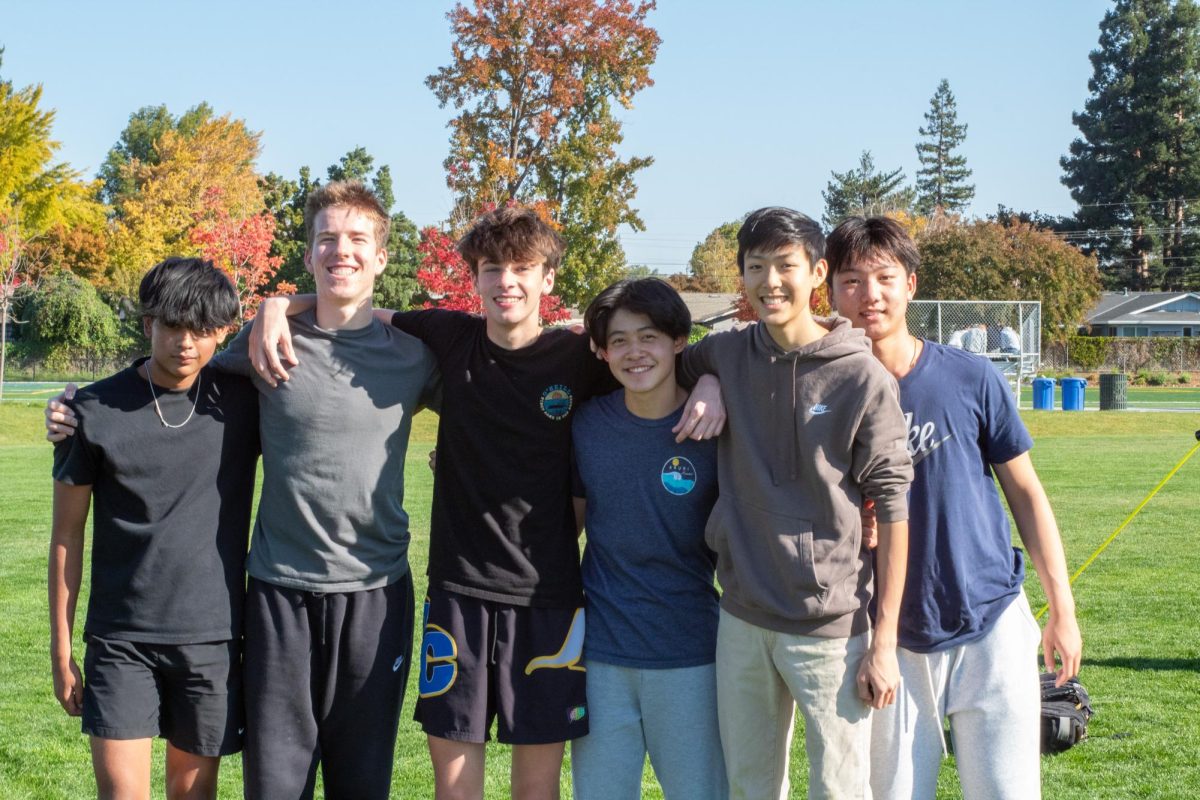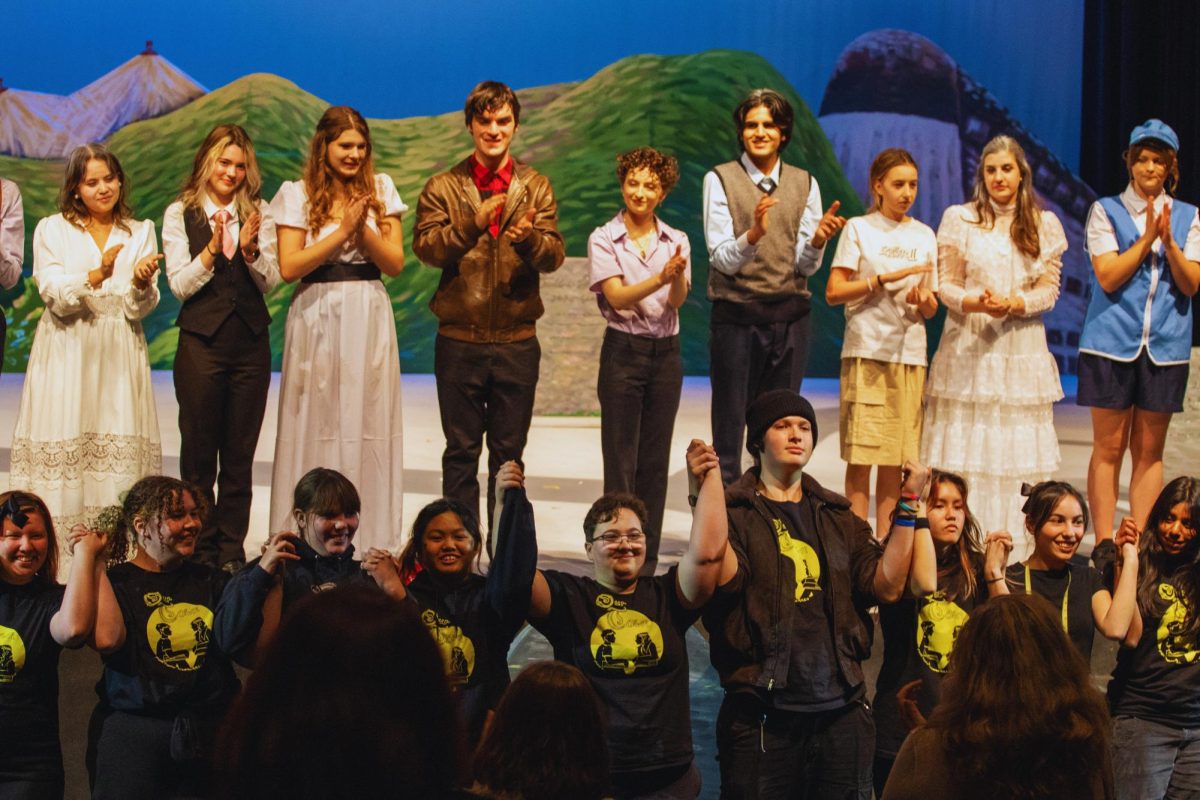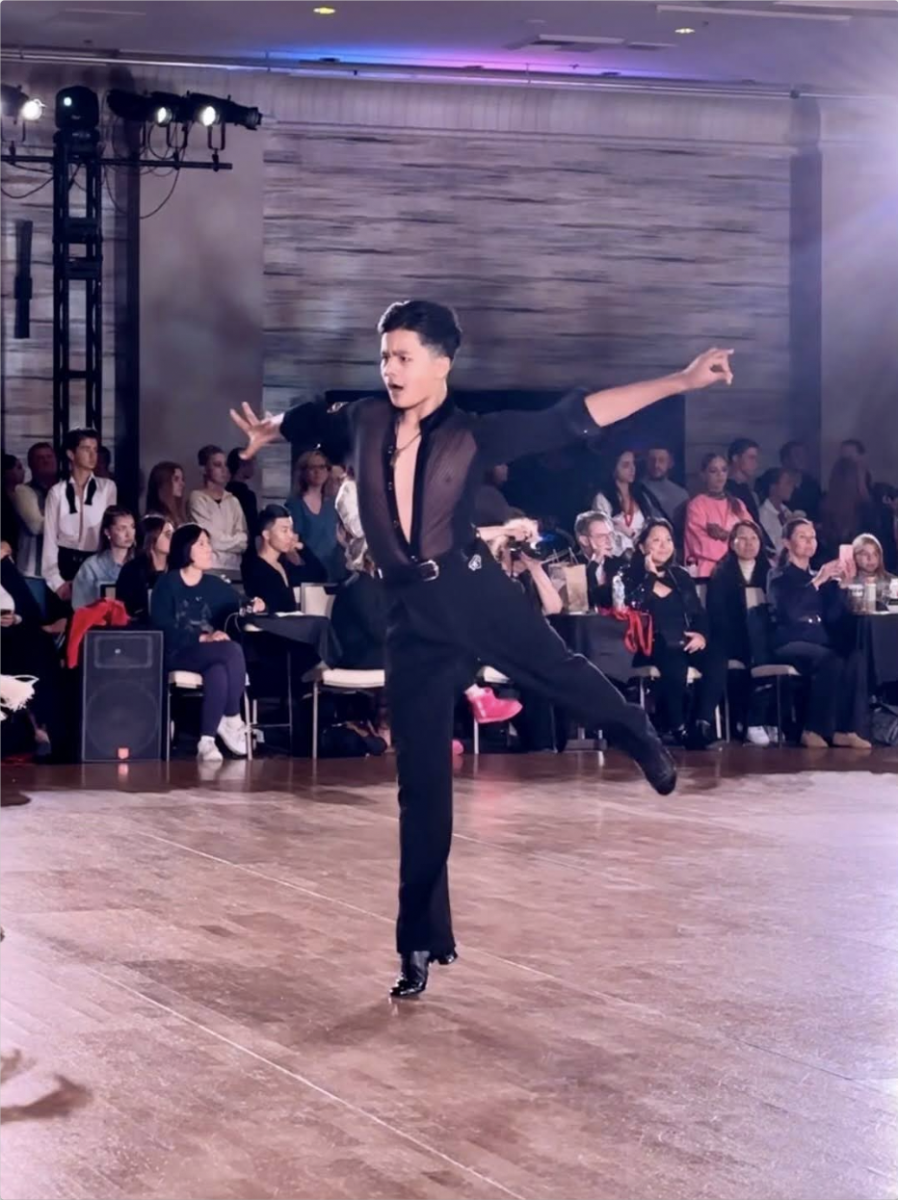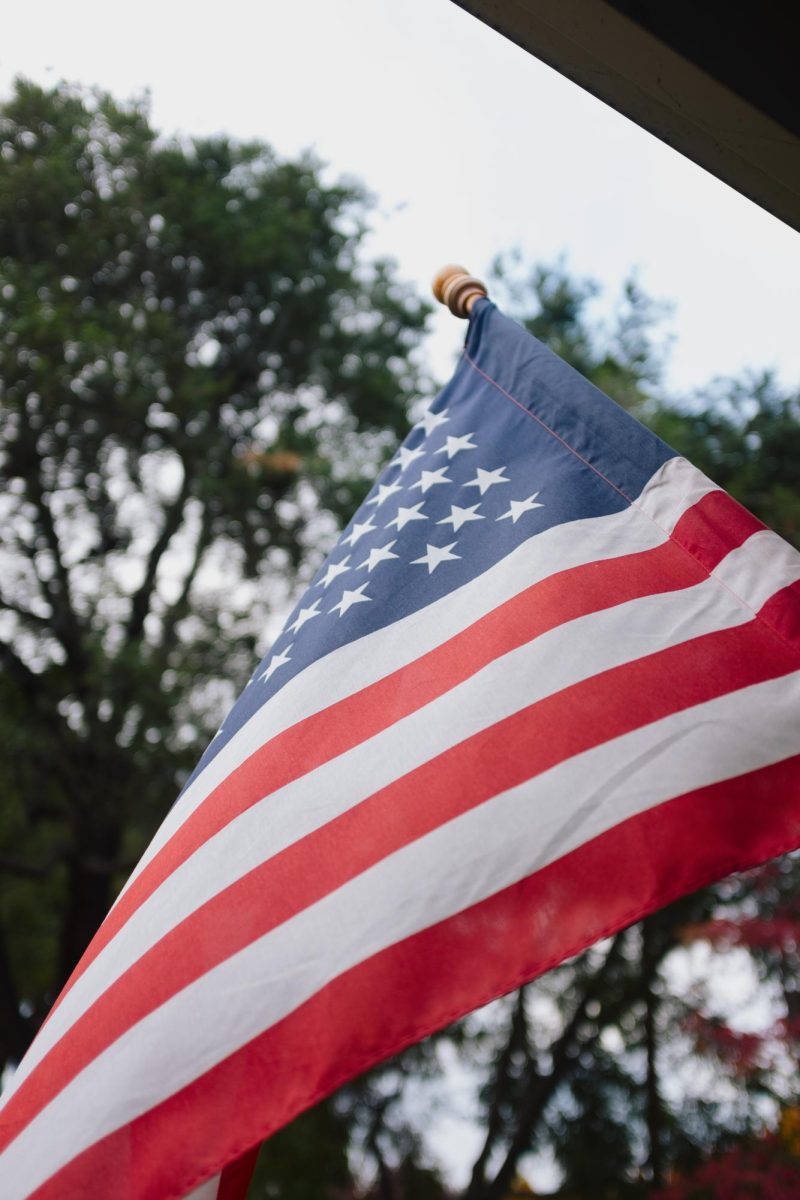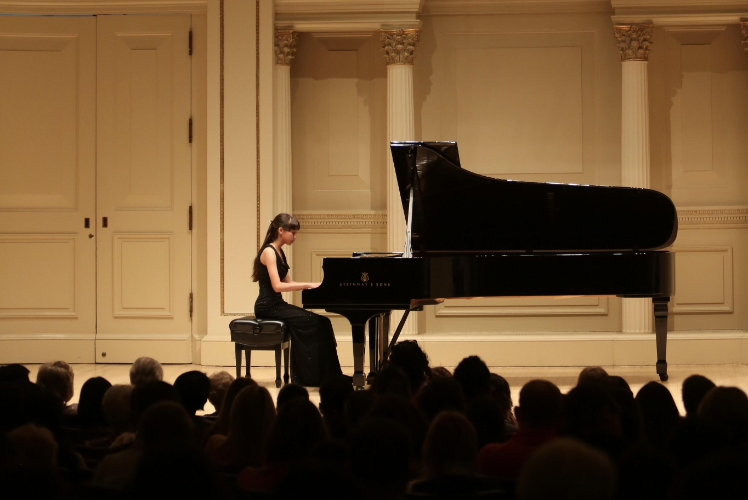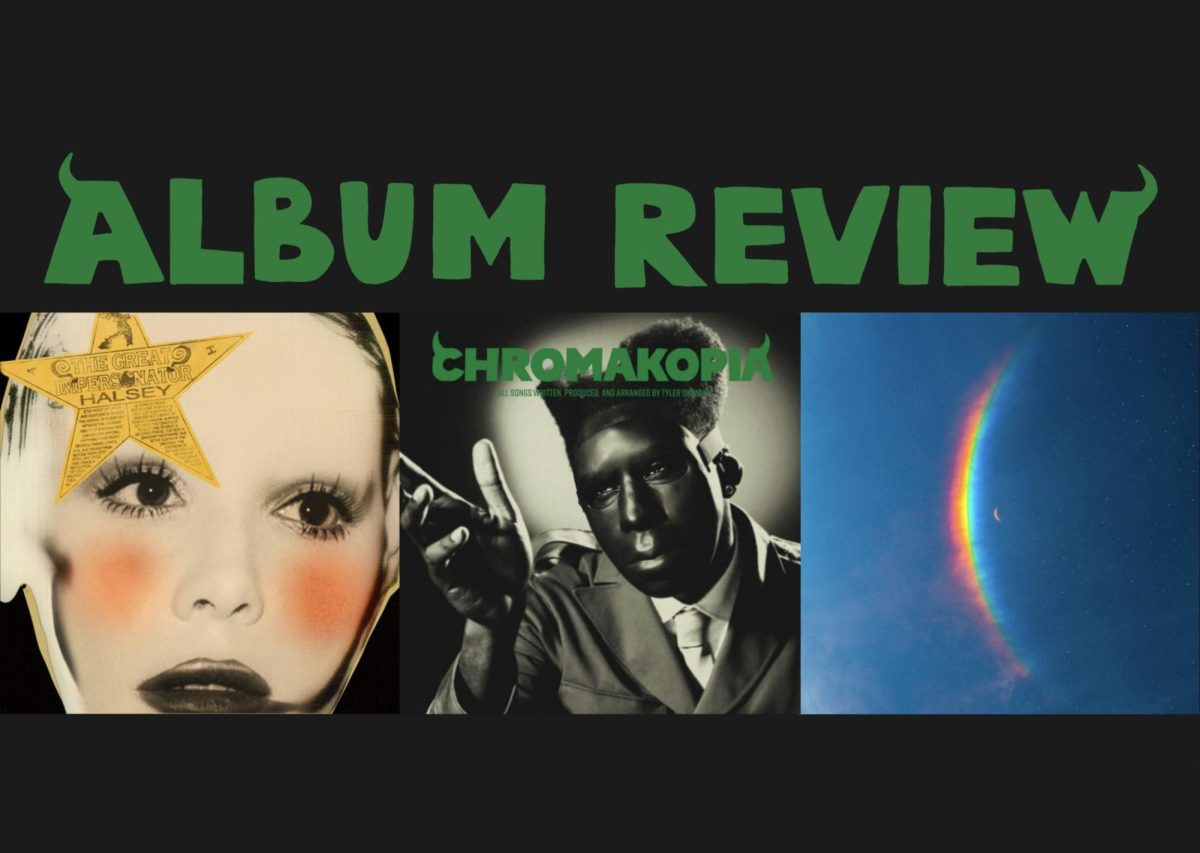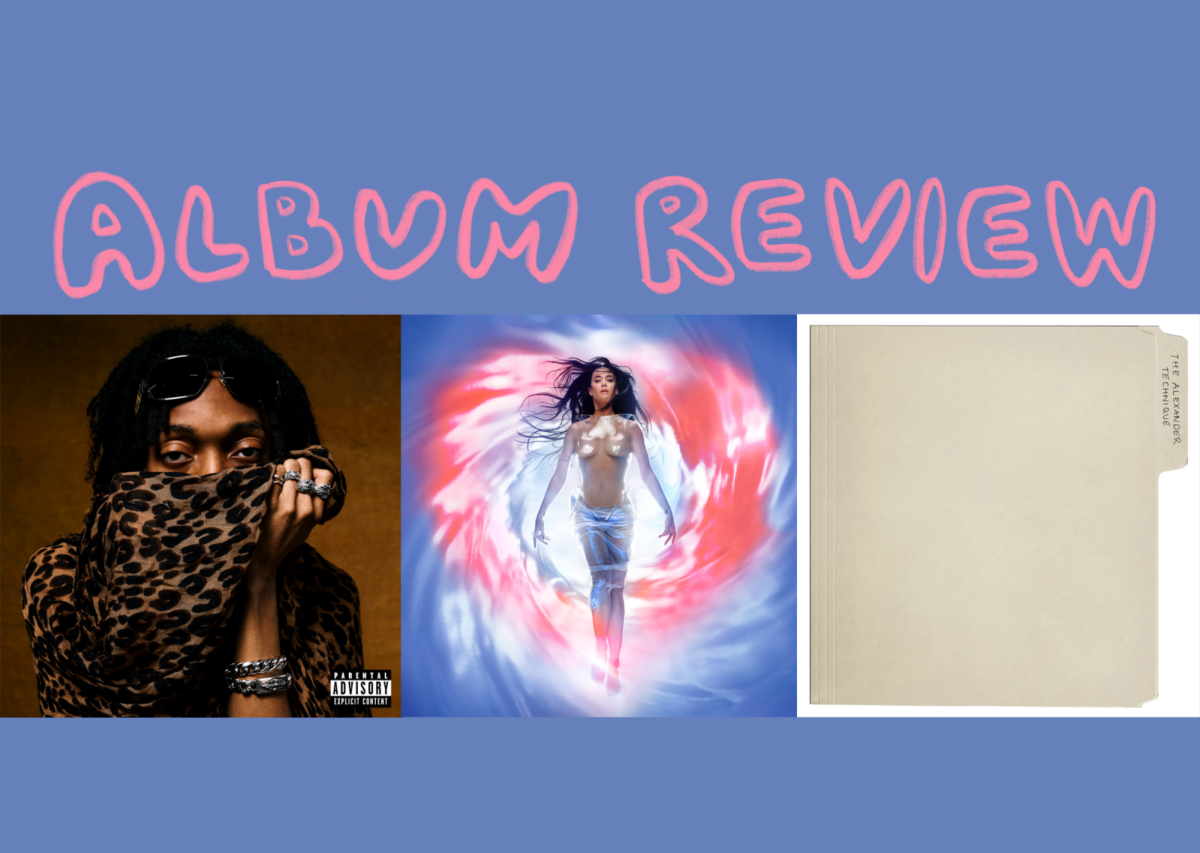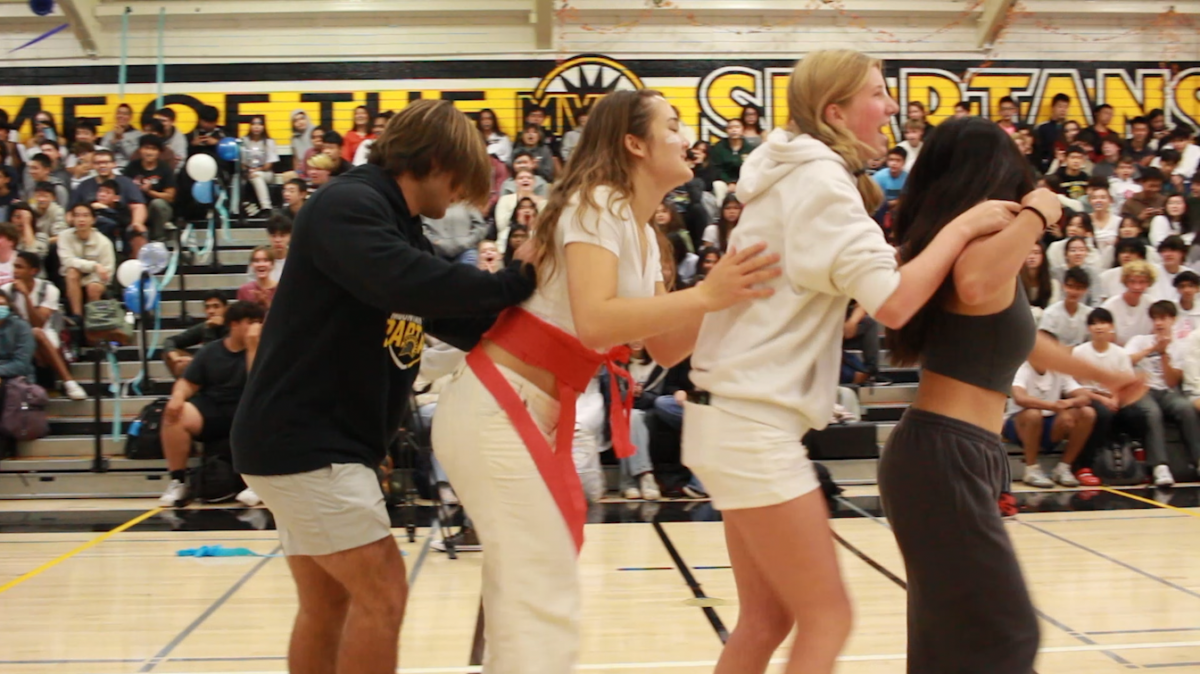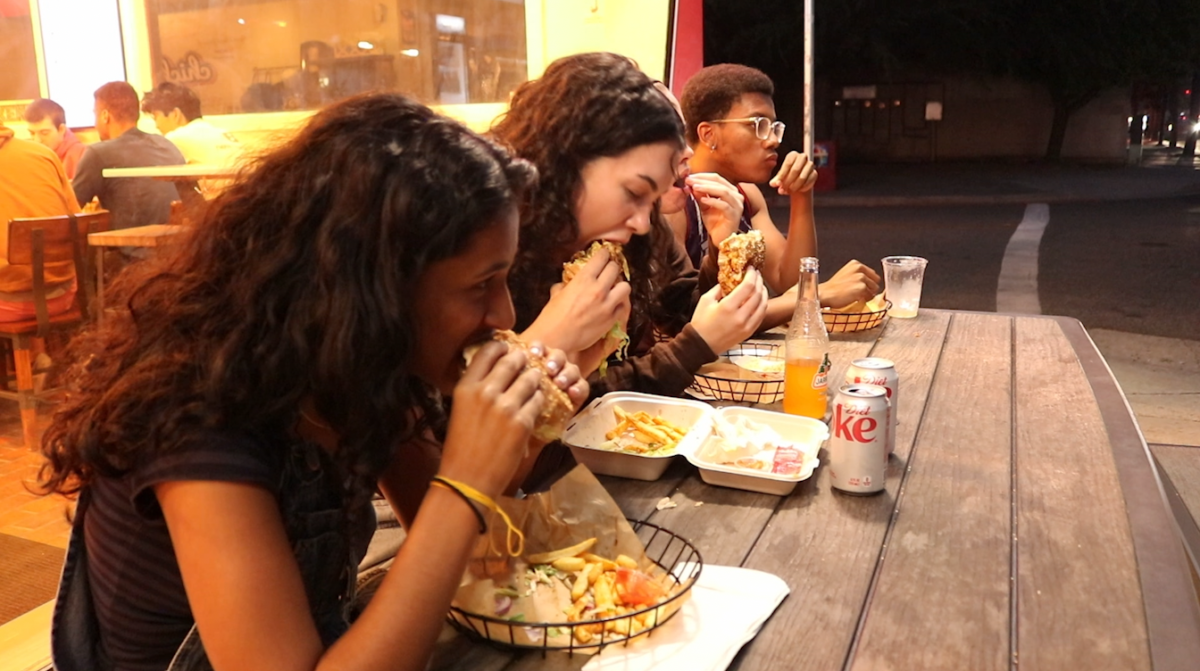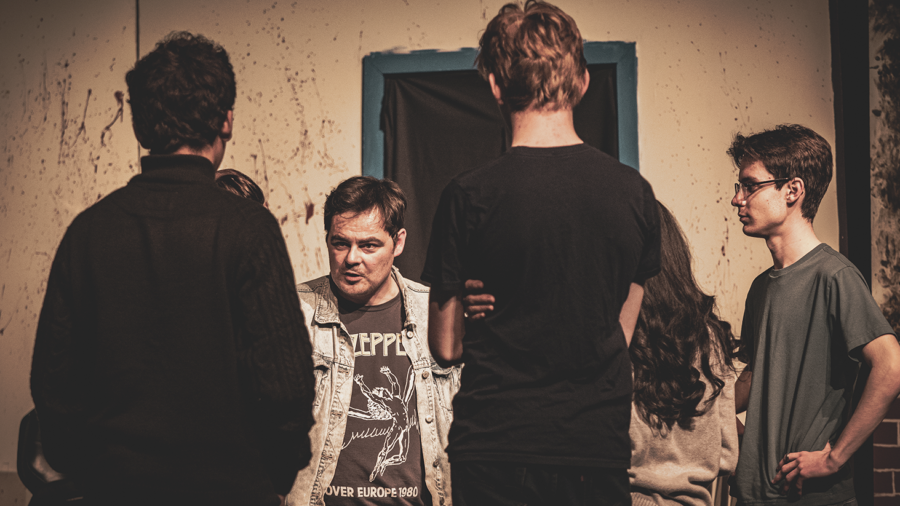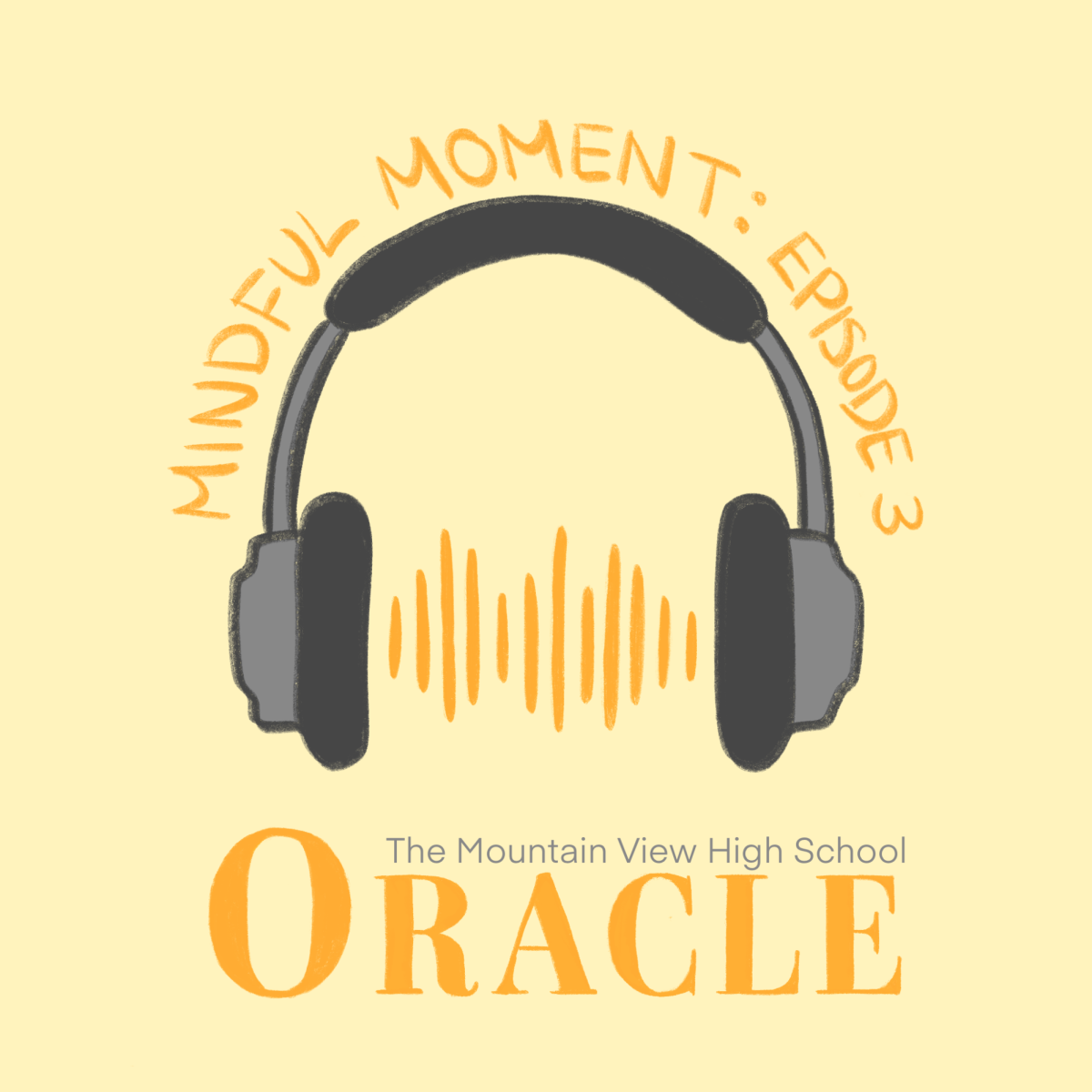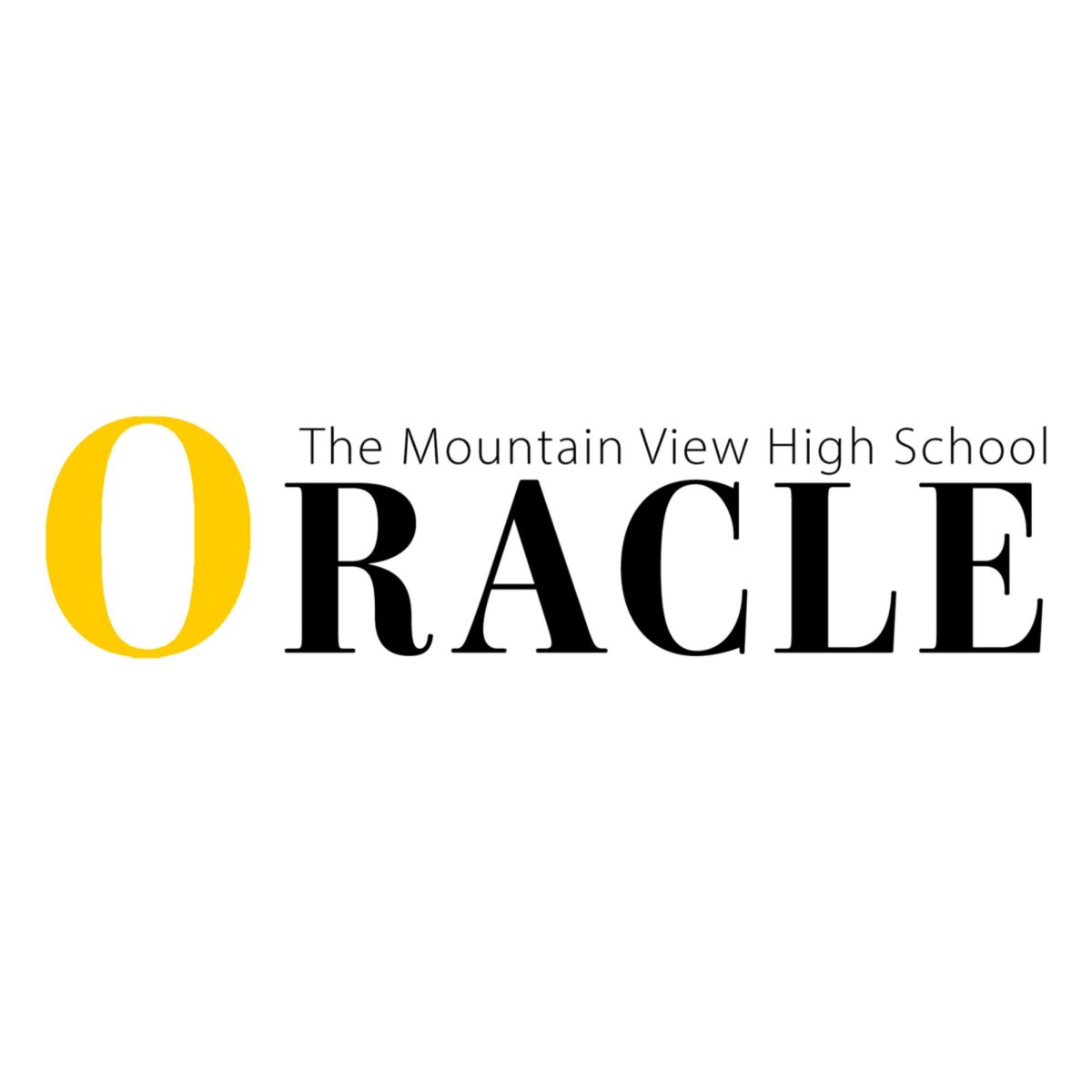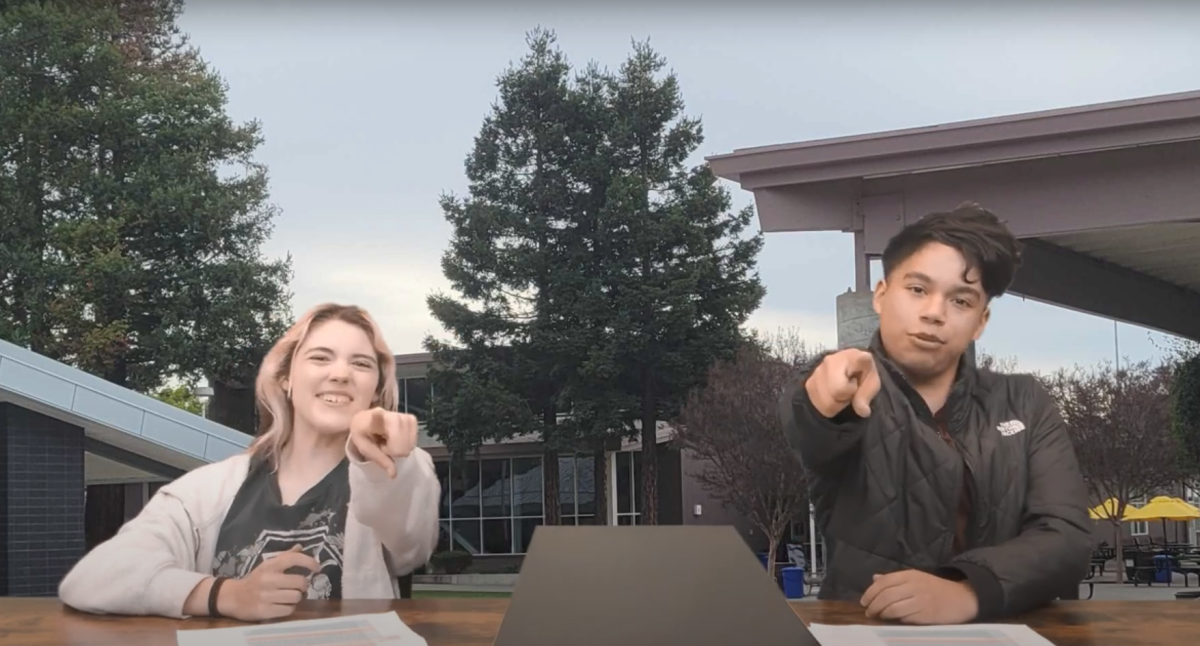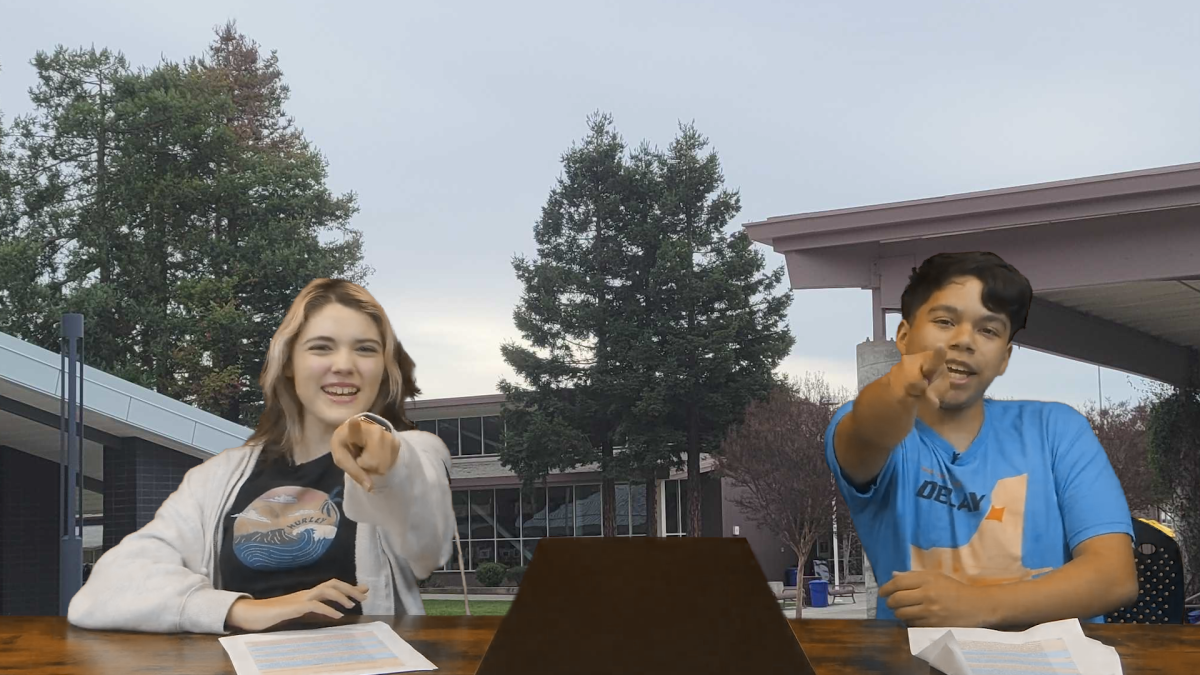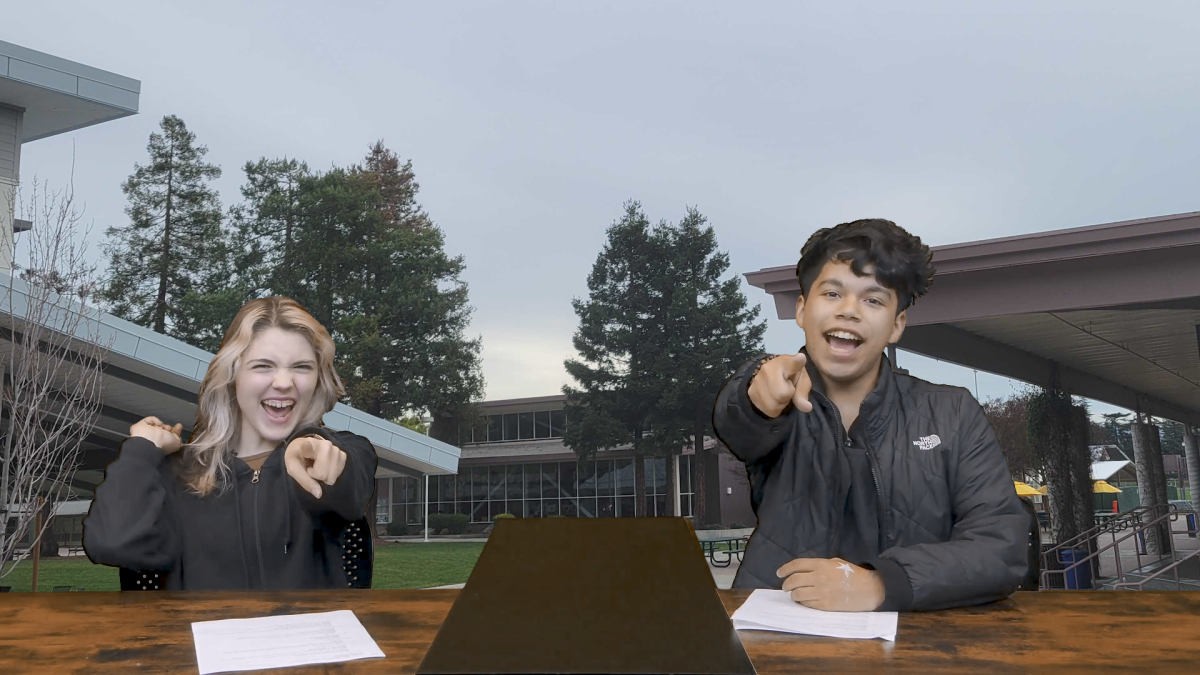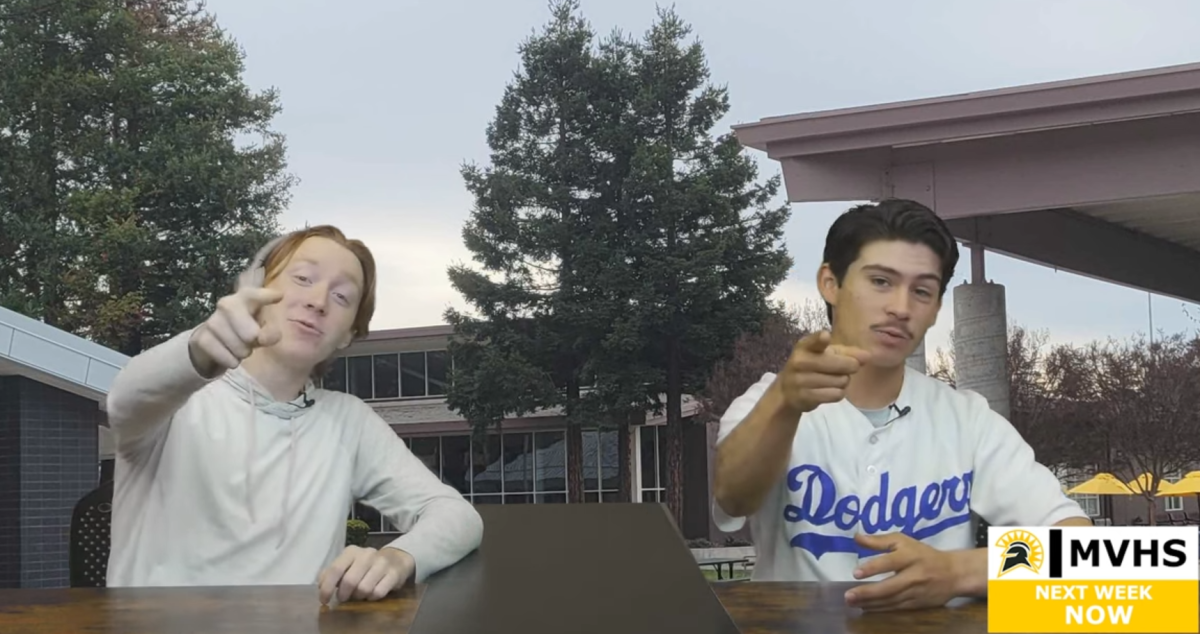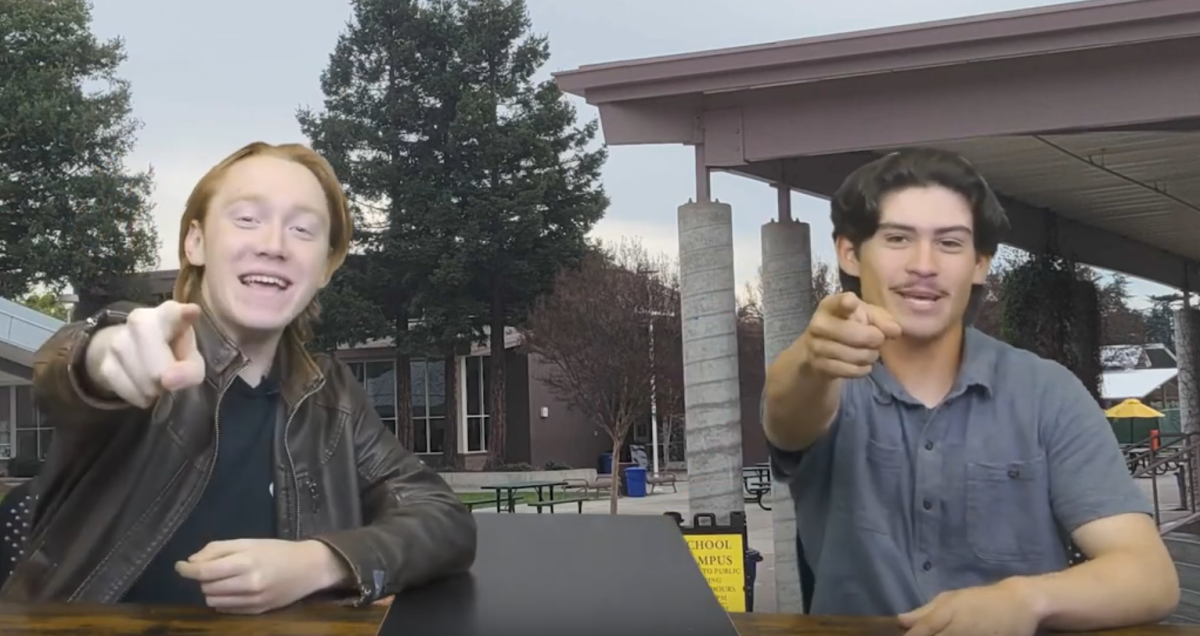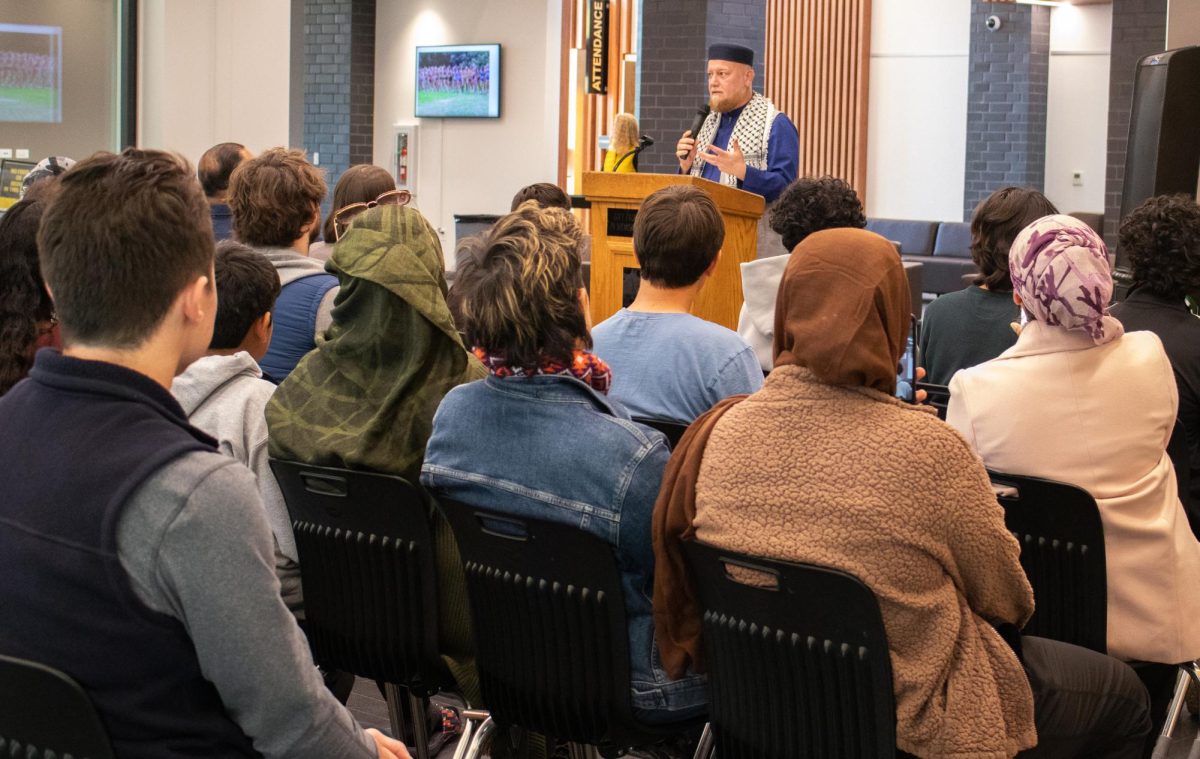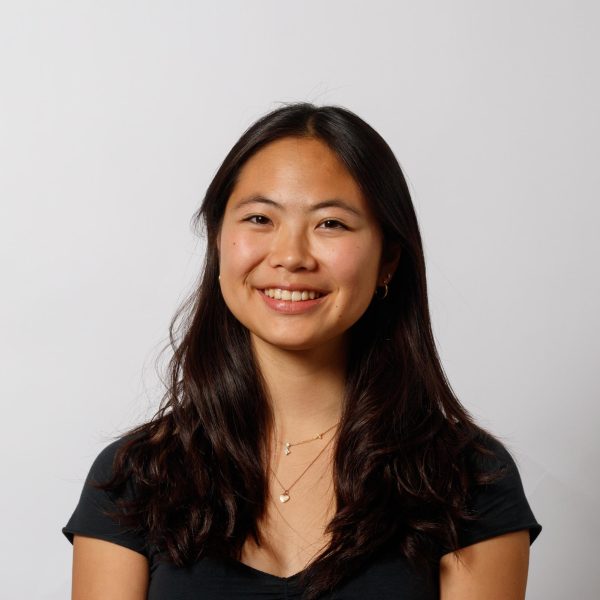Cupping tealight candles in the palms of their hands, MVHS students, parents, and staff listened to the speakers honoring the Israeli and Palestinian lives lost in the Israel-Hamas war at a vigil organized by the Muslim Student Association on Dec. 8.
Iman Zia, a speaker and MSA secretary, said she and the MSA board worked hard for six weeks setting a date and venue, coordinating with administration, finding speakers to talk about their personal experiences, and making flyers in preparation for the vigil.
“[We] wanted to make this a community event for both sides to come together and mourn all the lives lost,” Zia said.
The event featured six speakers: three members of the MSA, a member of the JSU, and two guest speakers.
Zia recruited guest speaker Faten Hijazi, a human rights advocate and Founder of SystemThink, after attending an educational panel and religious teaching that Hijazi spoke at. She then invited Shaykh Alaeddin ElBakri, Community Imam and Founder of Tawasaw Institute, after attending a weekly Friday prayer that he leads.
“Both [ElBakri and Hijazi] have had personal impacts [from the war] and I think they spoke in a really respectful tone,” Zia said.
ElBakri said he was initially hesitant to speak at the vigil because he is currently in a “different mental emotional zone,” trying to process the impacts the war has had on his family. Still, he said that he felt it was important for people to come together and the students were so passionate about the invitation that he couldn’t decline.
“It was one bomb that wiped out the whole family,” ElBakri said in his speech. “There’s no more ElBakri family in Gaza.”
He said it is usually part of his job to comfort others and provide them with guidance, but he finds himself in need of counseling at the moment.
“I stopped in the middle of the road, I stopped driving, and I started crying uncontrollably,” ElBakri said in his speech.
Hijazi’s speech brought audience members to tears when she shared the magnitude of destruction the war has had on her family.
“In the last 60 days, over 100 people [in my family] have been killed so it’s been difficult for me to process, but I want to be here because I think what we’re doing is important,” Hijazi said.
Senior JSU Co-President Eric Balch spoke at the event, stating the importance for both communities to show their support for one another.
“Without recognizing the humanity in one another, there’s no way to reconcile anything and there’s no way to fix any of the problems,” Balch said. “MSA showed up for us when we had our events earlier. JSU, collectively, thought it was extremely important that we show up for them and try to build community.”
Senior MSA Vice President Saleh Khan was the Master of Ceremony and said the goal of the vigil was to create unity and foster compassion.
“We’re all human,” Khan said. “It’s not a Muslim or Jewish issue, it’s not an Israeli or Palestinian issue. We need to work towards recognizing that we’re all human and stop villainizing each other.”
Hijazi also conveyed this idea in her speech, asking the audience to look around the room.
“I want you to look at somebody you don’t know and I want you to see they are human,” Hijazi said. “We bleed the same blood, we care for our children the same, we have dreams and aspirations, we are human.”
ElBakri said in his speech that every person has mixed DNA and because of that, each person must consider each other as their kind.
“If you save one life, it’s as if you saved humanity,” ElBakri said in his speech. “If you take one life unjustly, it’s as if you killed all of humanity, because in your DNA is all the humanity represented in you.”
Hijazi said that she feels deeply for any group that is oppressed and encouraged everyone to stand up in solidarity.
“Systems of oppression all look the same, they have a common denominator [which] is dehumanization,” Hijazi said in her speech. “I don’t care if that child is Palestinian, Christian, Muslim, Israeli, Jewish, Black, White, young, old, it does not matter. A life is a life. But when we’re constantly bombarded with language and images that try to take away our humanity, this is where we get into trouble.”
Since the Oct. 7 attacks, there has been a reported increase in Islamophobia and Antisemitism around the world. The Council on Islamic American Relations reported an increase of 216% from the previous year within one month after the attacks started and received a “staggering” 2,171 complaints of anti-Muslim and anti-Palestinian hate and requests for help from Oct. 7 to Dec. 2 across the US. The Anti-Defamation League recorded a 360% increase in antisemitic incidents in the three months since the attacks, totaling at 3,283 incidents in the US between Oct. 7 and Jan. 7.
ElBakri ended his interview with the message that it is important to see the humanity in each person.
“See the humanity in your enemy just like you see the humanity in your friend,” ElBakri said. “Sometimes the world wants to vet us as enemies of one another, but we could be very close and we don’t have to be enemies.”
In Zia’s speech, she talked about the “unbearable” images and videos she sees upon opening up her social media platforms, including parents carrying the bodies of their dead children.
“I think of all the children who are constantly being woken up to the sounds of sirens and bombs as we wake up to our alarm clocks,” Zia said. “The numbers of innocent civilians are not just statistics, but human lives – children, the young and old who all had dreams, hopes, and aspirations like you and I.”
Zia said that every life is a unique and irreplaceable gift, and it is our shared responsibility to nurture and protect these gifts.
“Each one of us has a key role to play in this collective endeavor,” Zia said in her speech. “By fostering a culture of respect, compassion, and understanding, we can contribute to a world where the echoes of violence fade away. Together, let us nurture hope in our hearts and share it with those around us.”
Hijazi closed her speech by encouraging the audience to care for one another and honor the Israeli and Palestinian lives lost in the past months, as well as the lives lost in other atrocities around the world.
“The beauty of this is that we can come together, we can see our humanity, and we can care for every life lost even if they don’t look like our own,” Hijazi said. “And I would say more importantly that they don’t look like our own because that is a testament to our humanity and to our beating hearts.”
